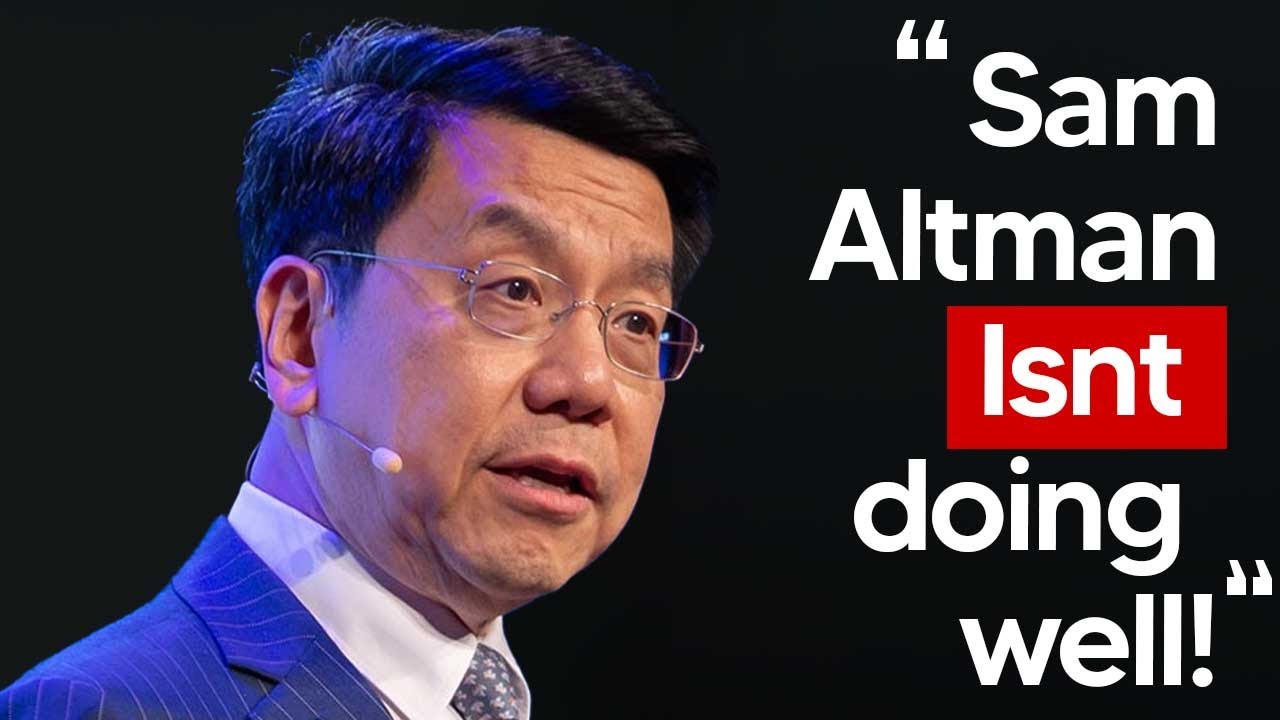In a recent interview, AI expert Kai-Fu Lee criticized OpenAI’s CEO Sam Altman, highlighting the company’s unsustainable operating costs compared to competitors like DeepMind, which operates at a fraction of the expense. Lee emphasized the growing pressure on OpenAI due to the rise of open-source models and questioned the viability of its business model, while Altman acknowledged the need to prioritize user experience and revenue generation over technical superiority.
In a recent interview, Kai-Fu Lee, a prominent figure in AI and technology entrepreneurship, expressed concerns about OpenAI’s future, particularly regarding its CEO, Sam Altman. Lee highlighted the staggering operating costs of OpenAI, projected to reach $7 billion in 2024, and contrasted this with DeepMind’s significantly lower expenses, estimated at only 2% of OpenAI’s. He suggested that with such a formidable competitor, Altman might be feeling the pressure, especially as the AI landscape evolves rapidly with the emergence of open-source models.
Lee, who has an extensive background in AI and has held leadership roles at major tech companies like Google and Microsoft, emphasized that the consolidation of AI models is becoming increasingly evident. He pointed out that while companies like OpenAI and Anthropic have focused on developing closed models, they were caught off guard by the performance of open-source alternatives. This shift raises questions about the sustainability of OpenAI’s business model, especially given its massive financial losses compared to competitors that can operate at a fraction of the cost.
The discussion also touched on OpenAI’s recent strategic moves, including labeling DeepMind as a “state-controlled chatbot” and advocating for a ban on Chinese-produced models. While there are legitimate concerns regarding data privacy and compliance with Chinese laws, many view OpenAI’s stance as a strategic attempt to eliminate competition. This tactic could potentially benefit OpenAI if DeepMind were to face restrictions, but it also highlights the competitive tensions in the AI sector.
Lee noted that the AI models are consolidating around similar performance levels, which poses a challenge for OpenAI. He referenced the recent advancements of DeepMind’s models, particularly DeepMind V3, which has shown significant improvements in various benchmarks. This competitive landscape suggests that OpenAI must adapt quickly to maintain its market position, especially as users may gravitate towards more cost-effective solutions.
In response to these challenges, Altman acknowledged the importance of user experience and growth over merely having the most advanced AI models. He indicated that OpenAI’s focus has shifted towards building a large user base and generating revenue, rather than solely competing on technical superiority. This strategic pivot reflects a broader trend in the tech industry, where user engagement and profitability are becoming increasingly critical in the rapidly evolving AI landscape.
